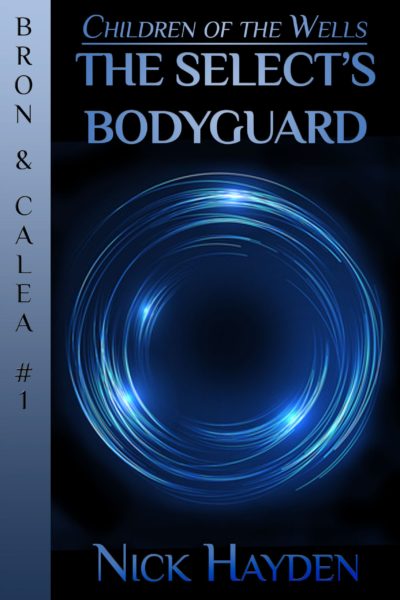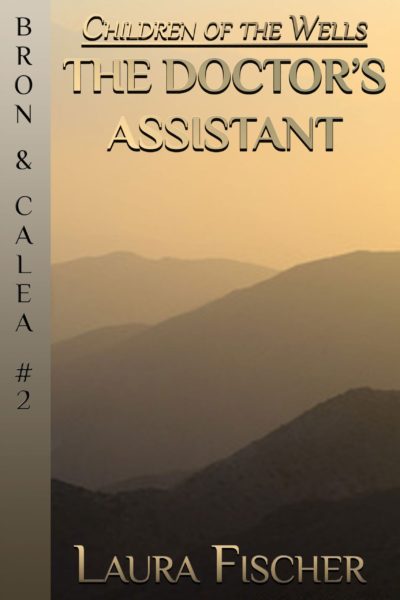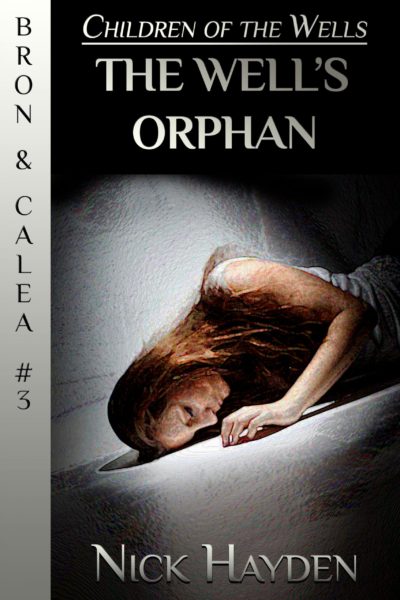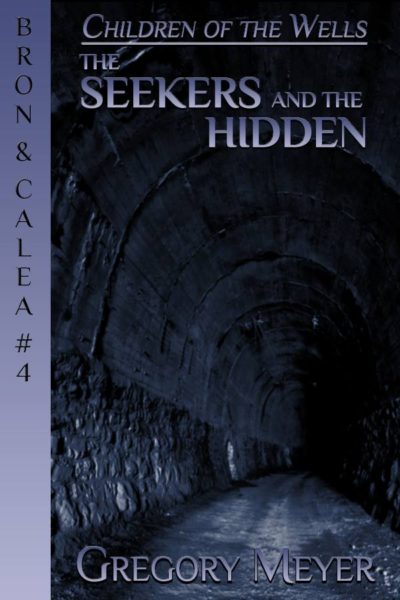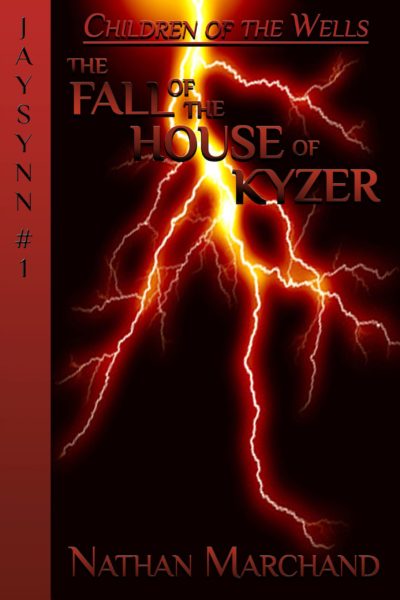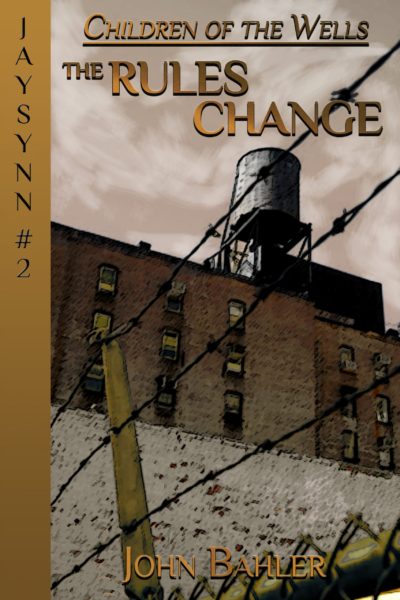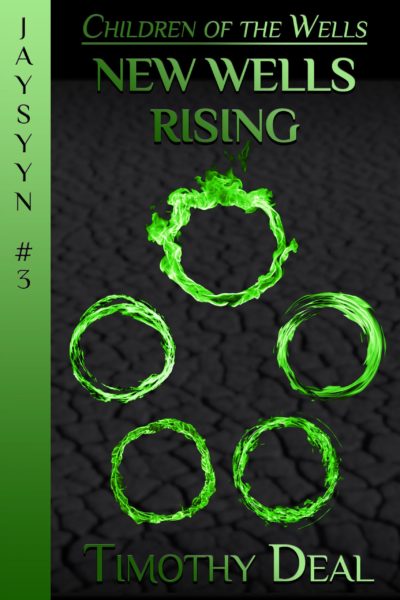As I mentioned in a previous blog, I have a number of book shelves filled with books. (Everyone does, right?) While either my wife or I have read the majority of them, there are those lonely volumes that wait for the day for someone to pick them up and read them.
My reading since Baby Hayden #3 arrived on the scene has consisted of 1.5 Star Wars novels, a SAO light novel, and a Brandon Sanderson YA novel. As I adjust to the new life-as-I-know-it, I began to hanker for something a bit denser. I know, I’m weird like that. I nearly started a Russian novel but I ended up pulling an old Harvard Classics collection off the shelf, which I’d received from somewhere but never read. It contains some works by Plato as well as other classic writers.
I’ve never read any Plato–or, in this case, any Socrates as recorded by Plato. But after finishing Apology of Socrates (Socrates’ defense before the Athenians who were accusing him), I plan on reading more. Certainly, the language and rhetoric is enjoyable, but what hooked me was the focus and discussion of virtue.
I won’t pretend to be a philosophy buff or an expert on anything Greek, but it seems to me that part of Socrates’ appeal is that he places such an unrelenting emphasis on the development of the soul.
And here’s the thing: the old books are always doing this. It’s impossible to read (I look over at my shelf dedicated to old books) Dickens or Shakespeare or Hugo or Homer or Dante or Swift or Chaucer without virtue and vice being a distinct element of the plot. I just listened to a podcast today where the speaker talked about Robinson Crusoe (which I have, unfortunately, not read) illustrating the importance of perseverance.
We live in a different time, though. The moral waters are increasingly muddy. Books don’t want to come down on sin and virtue–vaguely defined good and bad, maybe, or good and misguided, possibly, or even who knows what’s right but at least I’ll survive/be happy/get the girl.
But as a writer, I want to place, front and center, a sense of what it means to be a virtuous person–not outwardly, but inwardly, truly. What does it mean, in true, unchanging terms, to be a hero. Or a villain, for that matter?
I’ve not always done this well. The Unremarkable Squire is perhaps my best go of it. (Perhaps Strin & Fred book 3 if I ever finish it.) Or take Bron, if you’d like, in The Select’s Bodyguard. In any case, Socrates has reminded me how much I both enjoy and need to see the development of the soul as an indispensable part of my writing. Because, to me, a story that doesn’t examine right and wrong, man and his oughts and his standing before God, just isn’t very exciting to write. What really matters, in stories and in life, aren’t the slings and arrows of outrageous fortune, but what a person makes of them–and whether that, in the end, is what should be made of them.
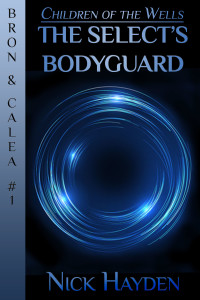
Don't miss a single word of stories as they are published! You'll also receive first notice of special sales and behind-the-scenes information.

